BMC Racing’s Brent Bookwalter just did a great post in Velonews entitled Meeting the Media in the Middle. It was a thoughtful and even-handed attempt to explain his side of the story (literally) and how he thinks the media should handle interviews and stories.
Three things stuck out of me. The first being his frustration with just about everyone with a phone recorder sticking a mic in his face seconds after an exhausting stage. Bookwalter understands that journalists are looking for that “emotional” moment but is frustrated that athletes don’t even get ten seconds to compose themselves.
I’ve seen first-hand what those media scrums just past the finish-line look like. Guys are practically falling over from fatigue or frustrated or even angry or they want to celebrate with their teammates. In that moment they’re basically accosted by a mob of journalists all jabbering at them. I’m always amazed that pro riders, in general, seem to take it in stride because I’d want to punch somebody.
When I first went to the Tour of California and US Pro Cycling Challenge with a press pass, I felt a little out of my element. I erred on the side of almost too much respect for the riders. They’d be hunched over their bars trying to breath or even collapsed on the ground and I just didn’t feel comfortable putting a mic in their face.
Yet given the circumstances and what happens after a race, that’s the only chance a journalist has to get a few good quotes on the race before everyone is gone. The speed at which teams pack up and leave is almost amazing. Rider hands off bike, steps in bus, door closes, mechanic puts bike on top of car, team drives off. You miss that quick interview and that’s it, you failed, you got zero. It’s not a job for the shy; you really have to jump in there.
I’m not a journalist by trade but I try to be professional and show some restraint. If I catch a rider just over the finish-line, I always ask if they can take a few questions and I make a point to make sure it’s just two or three unless it’s clear they don’t mind a few more.
I also try not to hog interview time when there are full-time journalists who need those quotes more than me. If I’m in a scrum, I’ll grab the answers to their questions and then, if the group of media people thin out, I might try to get in a question or two, building on what I’ve just heard.
I’ll agree 100% with Bookwalter that it’s not a great situation for riders or journalists. There’s a super compressed window of opportunity to get those “in-the-moment” reactions. It’s really the only opportunity to get anything that isn’t scripted or PR-bland. Yes, you can get a few questions in for the winners at the daily press conference but that’s a totally different vibe.
The second thing that struck me is Bookwalter’s wish that journalists wouldn’t constantly focus on the negative side of the sport in their rush for clicks and eyeballs. Sure, a lot of that happens and it’s just human nature that the dirty side gets a lot of readership. It’s his feeling that “at some point, this behavior stops being journalism and becomes sensationalism.”
Setting aside fringe bloggers and chat rooms, I have to disagree with Bookwalter on that score. Sadly, pro cycling has a long history of doping and chronic mismanagement. That’s news, it’s factual, and like it or not, it more than qualifies as newsworthy. For example, Chris Froome racing while his salbutamol case was being decided was a huge black eye for the sport – as well as his surprising acquittal.
The reason that Bookwalter keeps getting those kinds of questions is that those stories are still relevant and on-going in pro cycling. I’m sure he’s fed up with those negative angles – and journalists are also sick of writing 500 words on the subject. We all look forward to the day when a jiffy bag isn’t big news.
The third thing that was interesting was Bookwalter’s suggestions to improve cycling journalism. For example, he felt that writers could dig deeper into the “complex dynamics of teamwork and individual rider ambition.”
Now, again, while I’ve covered four editions of the Tour de France, I’m just a freelancer. I’m not a pro like the journalists at Velonews, Cyclingtips or cyclingnews. But in writing a fair number of longer magazine stories for the now defunct Cycle Sport magazine, I’ve been in those interviews trying to dig deeper and get something more interesting about team dynamics and personalities.
Generally, I still got generalities and clichés and even when pushed, my experience was that most riders are hesitant to reveal too much detail about their performances, the inner working of their team or the behind-the-scenes stuff that readers would love to hear.
I’m continually struck by how often I’d see a group of riders laughing and telling stories but the second a journalist shows up, everybody goes quiet. The rider goes into interview mode and things get vanilla. Walk away and the laughter and stories restart.
I remember a long interview with Bookwalter after his BMC captain Cadel Evans had won the Tour de France. Bookwalter had ridden the whole tour in support of the Australian and I was trying to get a few personal insights into Evans. I also wanted some insider details on what it was like to fight for position in the peloton in the first week when the sprinter’s teams get angry that GC riders are up front and getting in the way.
Honestly, the interview was a challenge. Bookwalter was polite and generous with his time but he wasn’t going to give me anything about Evans. (Which is understandable on a job security level but surely there was a harmless anecdote or two he could have passed on.)
I pushed hard for specific incidents that happened in that first week, the teams and riders involved but again, he wasn’t comfortable with revealing names and details. I pushed, pleaded and then he relented and I got what I needed to write a richer, more engaging story.
Now, I think Bookwalter is a straight-up guy and a true professional. I appreciate him taking the time to tackle the subject of media relations – especially in this time of polarization and a president of the United States actually calling the press the “enemy of the people.” It’s a valuable conversation to have right now.
I just relate the story about the magazine interview to show that it’s often hard to find that middle ground.

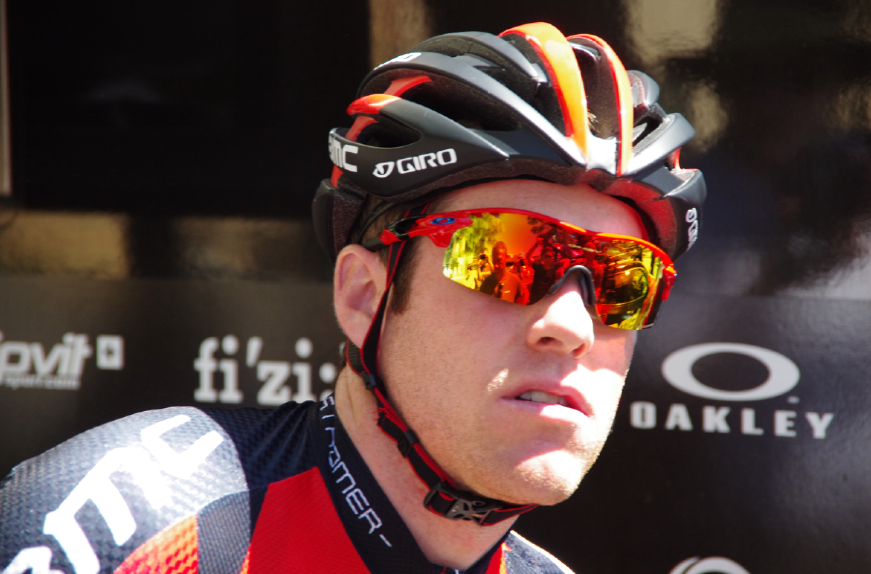
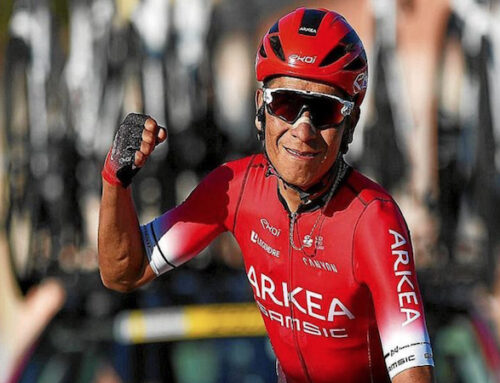
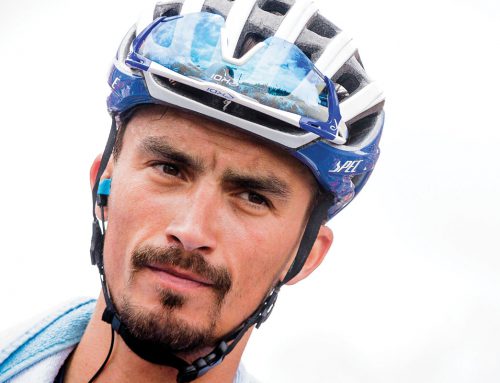
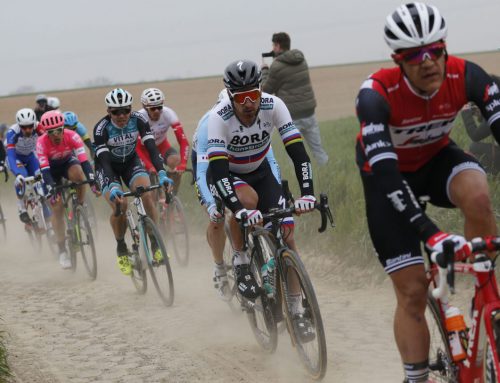
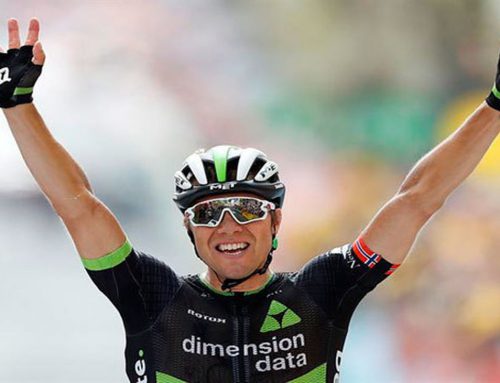
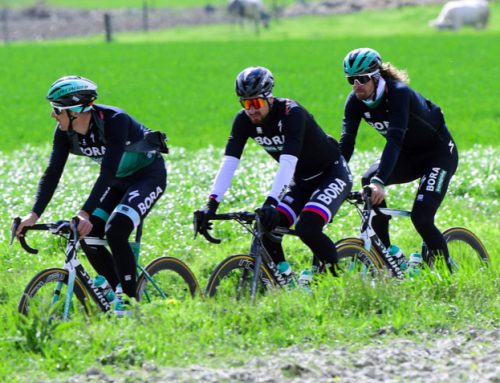
Leave A Comment